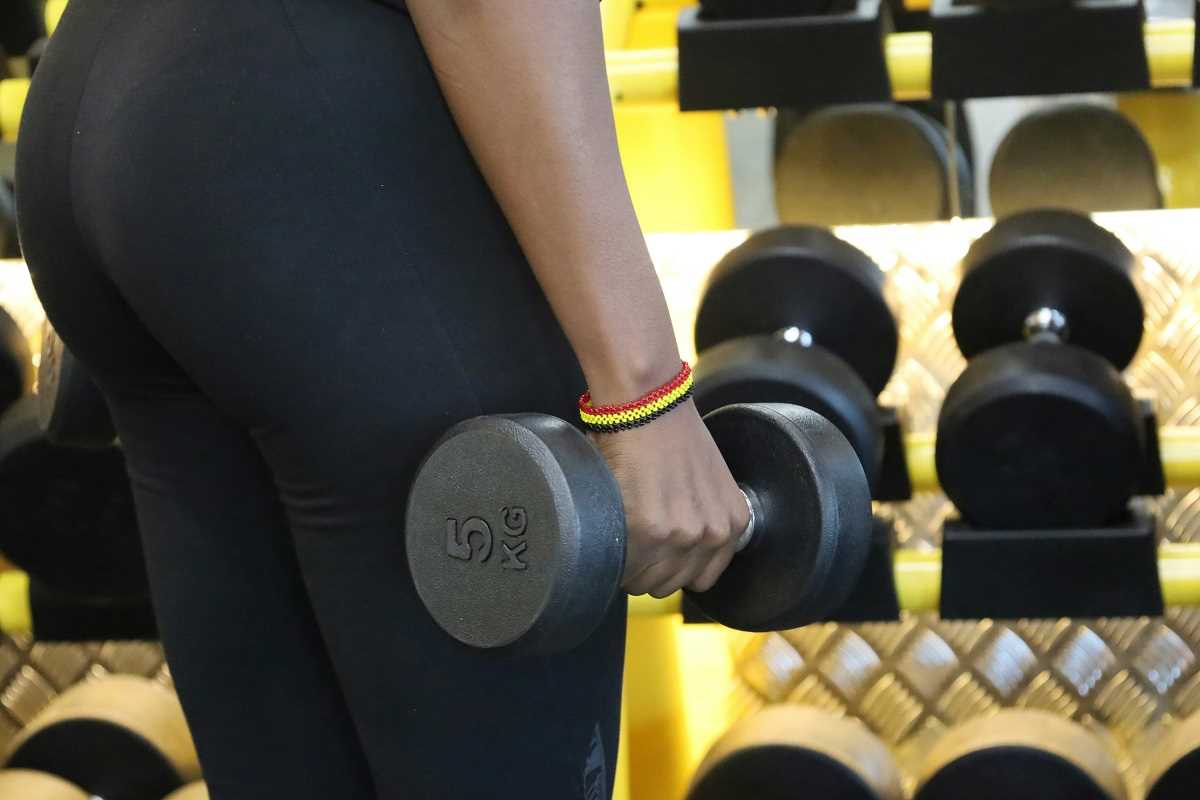Being a vegan athlete presents unique challenges, especially when it comes to meeting the rigorous nutritional demands required for optimal performance and recovery. Adopting a plant-based diet means carefully planning meals to ensure that all essential nutrients are consumed in adequate amounts. Understanding the nutritional landscape is critical for vegan athletes to maintain their energy levels and enhance their overall athletic performance.
The Importance of Nutrition for Vegan Athletes
Proper nutrition is the cornerstone of any athlete’s training regimen, and this is even more crucial for vegan athletes. Without the right nutrients, performance can suffer, and the risk of injury may increase. Here are some key nutrients that vegan athletes should focus on:
- Protein: Essential for muscle repair and growth. Plant-based sources include beans, lentils, tofu, and tempeh.
- Iron: Vital for oxygen transport in the blood. Found in spinach, quinoa, and pumpkin seeds.
- Calcium: Important for bone health. Available in fortified plant milks, kale, and almonds.
- Vitamin B12: Necessary for nerve function and energy production. Typically obtained through supplements or fortified foods.
- Omega-3 Fatty Acids: Crucial for reducing inflammation and supporting heart health. Sources include flaxseeds, chia seeds, and walnuts.
Incorporating these nutrients into a daily diet ensures that vegan athletes can meet the physical demands of their training while maintaining overall health.
Understanding how these nutrients interact within the body can help optimize performance and prevent deficiencies. For instance, combining iron-rich foods with vitamin C sources can enhance iron absorption, which is particularly beneficial for vegan athletes.
Protein Sources for Plant-Based Diets
Protein is a building block for muscle and is essential for recovery after strenuous workouts. Vegan athletes have a variety of plant-based options to meet their protein needs:
- Legumes: Beans, lentils, and peas are excellent sources of protein and fiber.
- Tofu and Tempeh: These soy-based products are versatile and rich in protein.
- Quinoa: A complete protein that also provides carbohydrates and essential amino acids.
- Seitan: Made from gluten, seitan is a high-protein meat substitute.
- Chia and Hemp Seeds: Packed with protein, these seeds can be easily added to smoothies and meals.
By diversifying protein sources, vegan athletes can ensure they receive a balanced intake of amino acids necessary for muscle synthesis and repair.
Incorporating various protein sources throughout the day can help maintain steady energy levels and support overall athletic performance.
Vitamins and Minerals: What to Focus On
Vitamins and minerals play a pivotal role in an athlete's performance and recovery. Vegan athletes need to pay special attention to certain micronutrients to prevent deficiencies and support their training:
Vitamin B12: As B12 is primarily found in animal products, vegans should consider fortified foods or supplements to meet their needs.
Vitamin D: Essential for bone health and immune function. Sun exposure and fortified foods are good sources, but supplementation may be necessary, especially in regions with limited sunlight.
Iron: Important for oxygen transport. Vegan sources include lentils, chickpeas, and fortified cereals. Pairing these with vitamin C-rich foods can enhance absorption.
Zinc: Supports immune function and protein synthesis. Found in nuts, seeds, and whole grains.
By focusing on these vitamins and minerals, vegan athletes can ensure they maintain optimal health and performance levels.
It's also beneficial for vegan athletes to have their nutrient levels checked regularly, ensuring that any potential deficiencies are identified and addressed promptly.
Pre and Post-Workout Nutrition Strategies
Timing and composition of meals around workouts can significantly impact an athlete's performance and recovery. For vegan athletes, strategic planning of pre and post-workout nutrition is essential:
Pre-Workout: Consuming a meal rich in complex carbohydrates and protein about 2-3 hours before training can provide sustained energy. Examples include a quinoa salad with chickpeas and vegetables or a smoothie with plant-based protein powder, oats, and fruit.
Having a small snack like a banana or a handful of nuts 30 minutes before exercise can also help maintain energy levels during the workout.
Post-Workout: After training, the body needs to replenish glycogen stores and repair muscle tissues. A combination of protein and carbohydrates is ideal. Options include tofu stir-fry with brown rice, a lentil soup with whole-grain bread, or a plant-based protein shake with a piece of fruit.
Hydration is also crucial. Consuming water or an electrolyte-rich beverage post-workout helps in rehydration and recovery.
Implementing these strategies can enhance performance, reduce recovery time, and support overall athletic goals.
Overcoming Common Challenges
Vegan athletes often face unique challenges in meeting their nutritional needs. Identifying and addressing these obstacles is key to maintaining a balanced diet and achieving athletic success:
Protein Deficiency: Ensuring adequate protein intake can be challenging on a plant-based diet. Incorporating a variety of protein-rich foods and possibly using supplements can help overcome this hurdle.
Iron Deficiency: Plant-based iron is less readily absorbed by the body. Consuming vitamin C-rich foods alongside iron sources can enhance absorption and prevent deficiency.
Caloric Intake: Vegan diets can sometimes be lower in calories, making it difficult for athletes to meet their energy needs. Including calorie-dense foods like nuts, seeds, and avocados can help increase intake without compromising nutrition.
Limited Availability of Supplements: Finding suitable plant-based supplements may be challenging. Researching and choosing high-quality, vegan-certified supplements can ensure that nutritional gaps are filled effectively.
By proactively addressing these challenges, vegan athletes can maintain their nutritional health and continue to perform at their best.
Support from nutritionists and dietitians who specialize in plant-based diets can also provide personalized strategies to overcome these common issues.
External Resources and Support
Navigating the nutritional landscape as a vegan athlete can be complex, but numerous resources are available to help guide you. Online communities, specialized nutrition blogs, and professional guidance from sports dietitians can provide valuable information and support.
Many organizations offer certifications and programs specifically tailored to plant-based athletes, ensuring that you have access to the latest research and best practices in vegan sports nutrition.
Vegan athletes can achieve their performance goals by meticulously planning their diets to include essential nutrients, utilizing a variety of plant-based protein sources, and adopting effective nutrition strategies around workouts. Overcoming common challenges with the right resources and support ensures that their plant-based lifestyle enhances rather than hinders their athletic pursuits.







